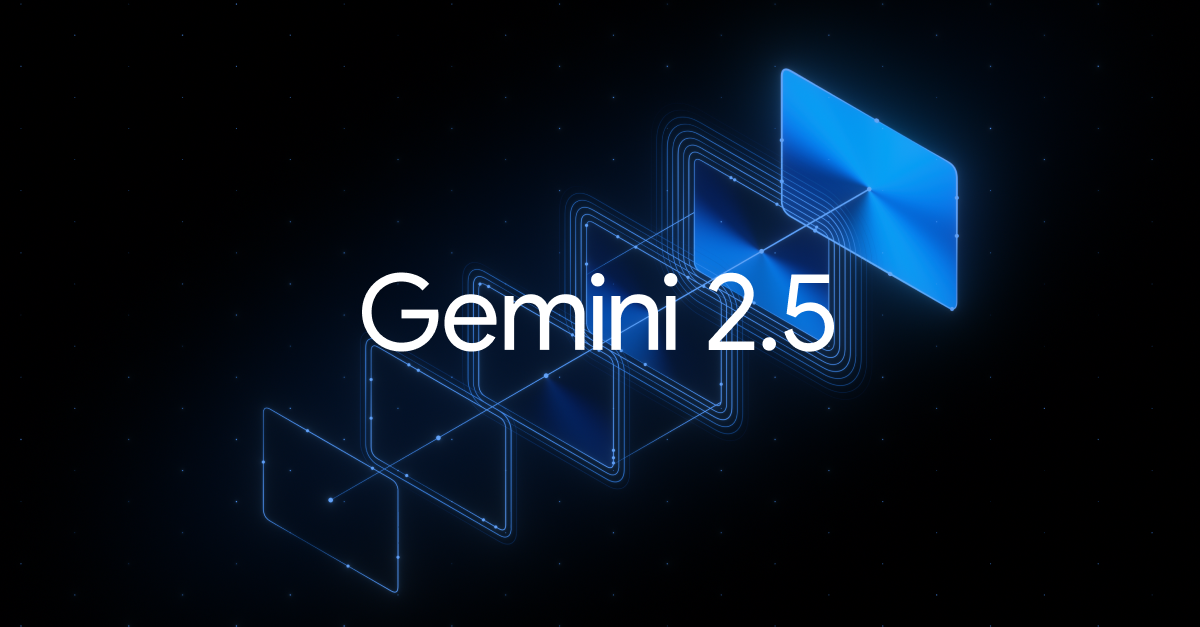Free-to-play content is winning over Meta Quest 3 players with big consequences in tow
More gamers are getting into VR than ever, but demographic shifts favor free-to-play games over premium ones.
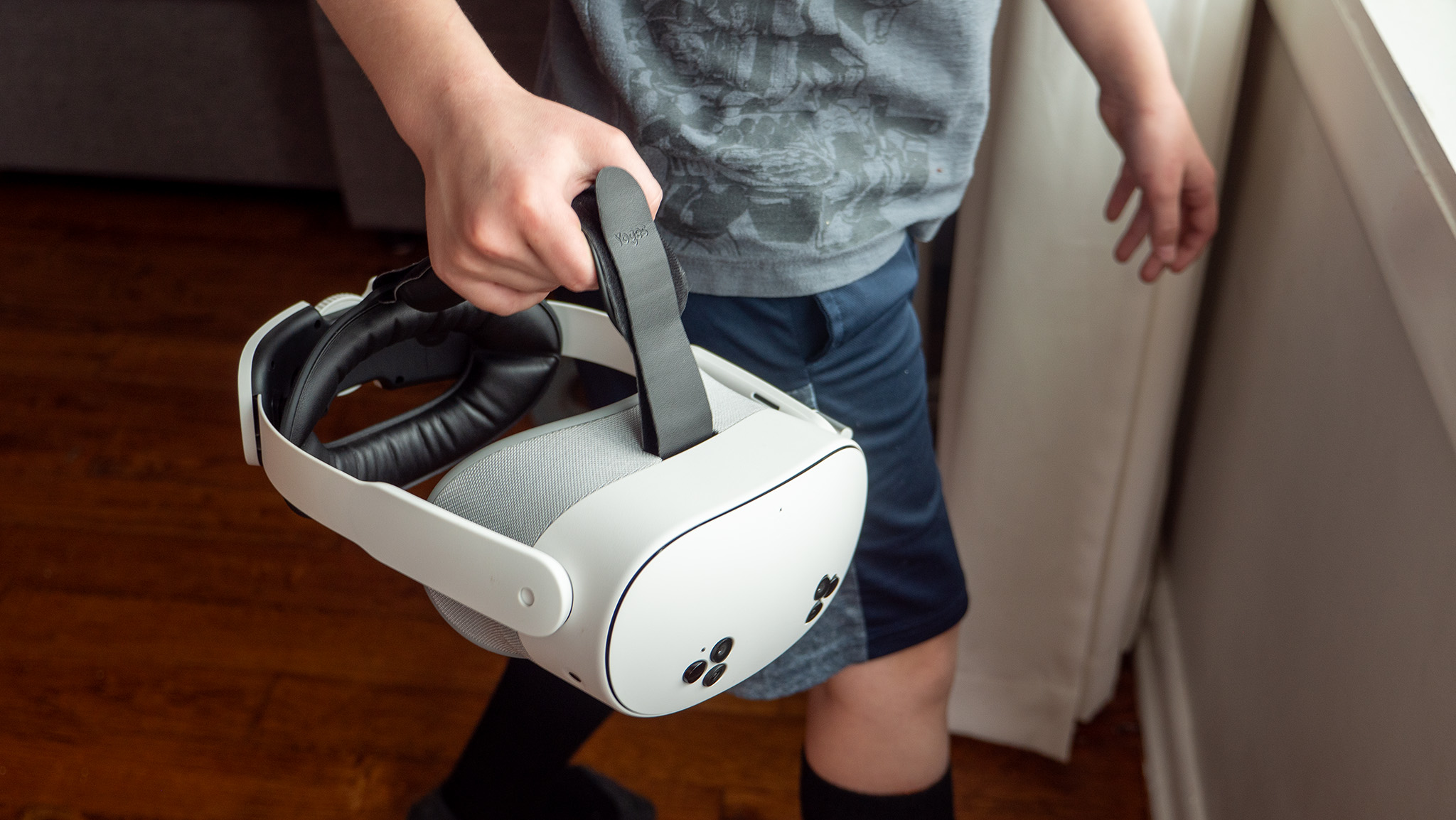
When Nintendo launched the Wii in 2006, it signaled a shift to a Blue Ocean strategy. This meant the company was no longer competing with rivals on the same playing field. Rather, Nintendo would make the Wii a console for the non-gamer, convincing broader demographics to pick up a console for the first time in history.

In his weekly column, Android Central Senior Content Producer Nick Sutrich delves into all things VR, from new hardware to new games, upcoming technologies, and so much more.
It worked. While the PS3 and Xbox 360 sold around 80 million consoles each, Nintendo sold over 100 million Wiis. It had a higher game-to-console attach rate than its competitors, too, giving developers as much financial success as Nintendo. New gamers were hungry to try something brand new, even if the "hardcore" demographic shunned the system.
In many ways, the Meta Quest platform mirrors that of the Wii, and a new blog post from Meta proves that with 2024's sales numbers. People spent more time on average on the Meta Quest 3S "than any other headset at launch," according to Meta. Sales were also up year-over-year, something we gathered from the recent Meta 2024 earnings call, and while Meta won't assign a number to that, a leaked memo says the company's Reality Labs division grew sales by 40%.
More officially, Meta says users spent 12% more on Quest games and apps in 2024 than in 2023, reflected largely by "significant growth of in-app purchases." Existing Quest users upgraded to the Quest 3 and Quest 3S in solid numbers during 2024 but nowhere near the number of users new to the platform.
All of these numbers add up to a clear demographic shift that's been felt by developers far and wide over the past 6-8 months. While the VP of VR is leaving, the strategy that's been employed over the past few months is finally being made clearer to developers, and Meta is offering to be more transparent and helpful in 2025, something that's particularly important given the changes in store for the Quest.
A demographic shift
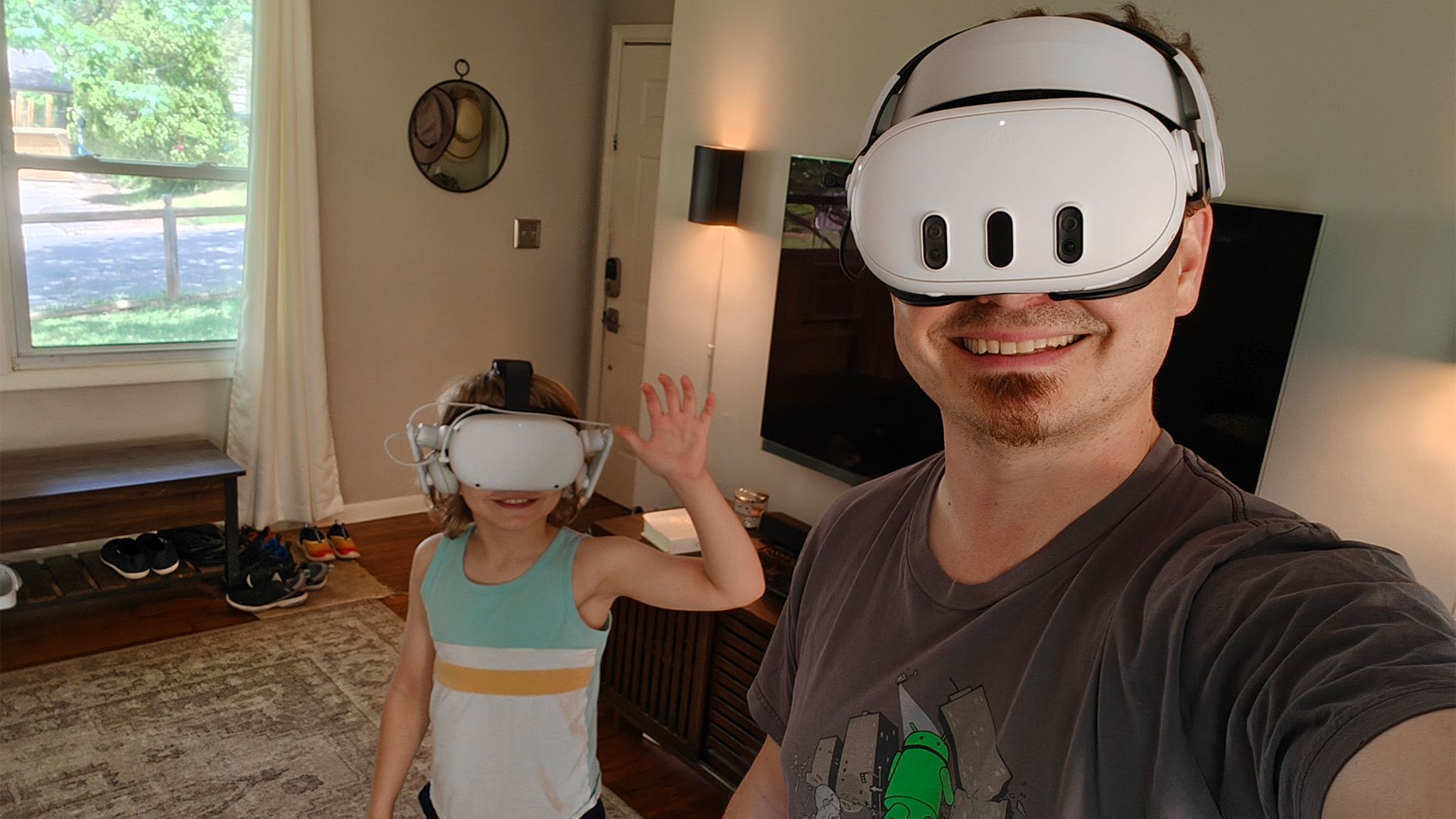
Up until the past year or so, VR gamer demographics were largely made up of hardcore VR gamers who found their niche. While this group is wholly dedicated and has been around through the thick and thin of the last decade of VR gaming, it's becoming clear that this group of people is slowly becoming the minority.
Meta notes that only 20% of people who bought a Quest 3S upgraded from an older Quest headset, while 27% of people who bought a Quest 3 were upgrade customers. That means the lion's share of people who bought either Quest 3 or Quest 3S had never owned a Meta Quest headset before.
Be an expert in 5 minutes
Get the latest news from Android Central, your trusted companion in the world of Android
While Meta's blog post notes that VR enthusiasts remain "a foundation of this growing ecosystem," several developers have seen reduced sales from this group. They "have high expectations for fidelity and gravitate to premium titles that feature high production value," according to Meta, yet titles like Assassin's Creed Nexus and Metro Awakening have a much smaller player base than games like DigiGods, Gorilla Tag, and Yeeps: Hide and Seek.
The Meta Quest platform has seen many AAA releases in the last two years, but the games that perform best are often made by small studios with social-first paradigms.
That's because young people make up an ever-larger share of new users, something that's reflected not just in Meta Horizon store statistics but also across social media. People are calling Quest a "kiddie platform" because of the rise of free-to-play (F2P) titles that are often filled with excitable kids. Join any Horizon Worlds world or a game like Gorilla Tag, and you're guaranteed to run across plenty of kids along the way.
Meta paints this picture as a rosy one, saying F2P titles are a new opportunity for developers to capitalize on. While this may be true, it doesn't bode well for AAA games in an industry recently dominated by lay-offs and budget reductions. In other words, while we've gotten a ton of great AAA games to date, the likelihood is that Quest owners will see fewer AAA games going forward.
I've spoken to several developers who aren't exactly happy with this trend and are finding themselves on the wrong side of industry change. Matters were made worse when Meta overhauled the Meta Quest mobile app in July, morphing it into a Meta Horizon app instead. This new app prioritized F2P Horizon Worlds content over premium paid content, and developers felt the shift en masse when big-name games weren't selling as they used to.
An industry-wide shift
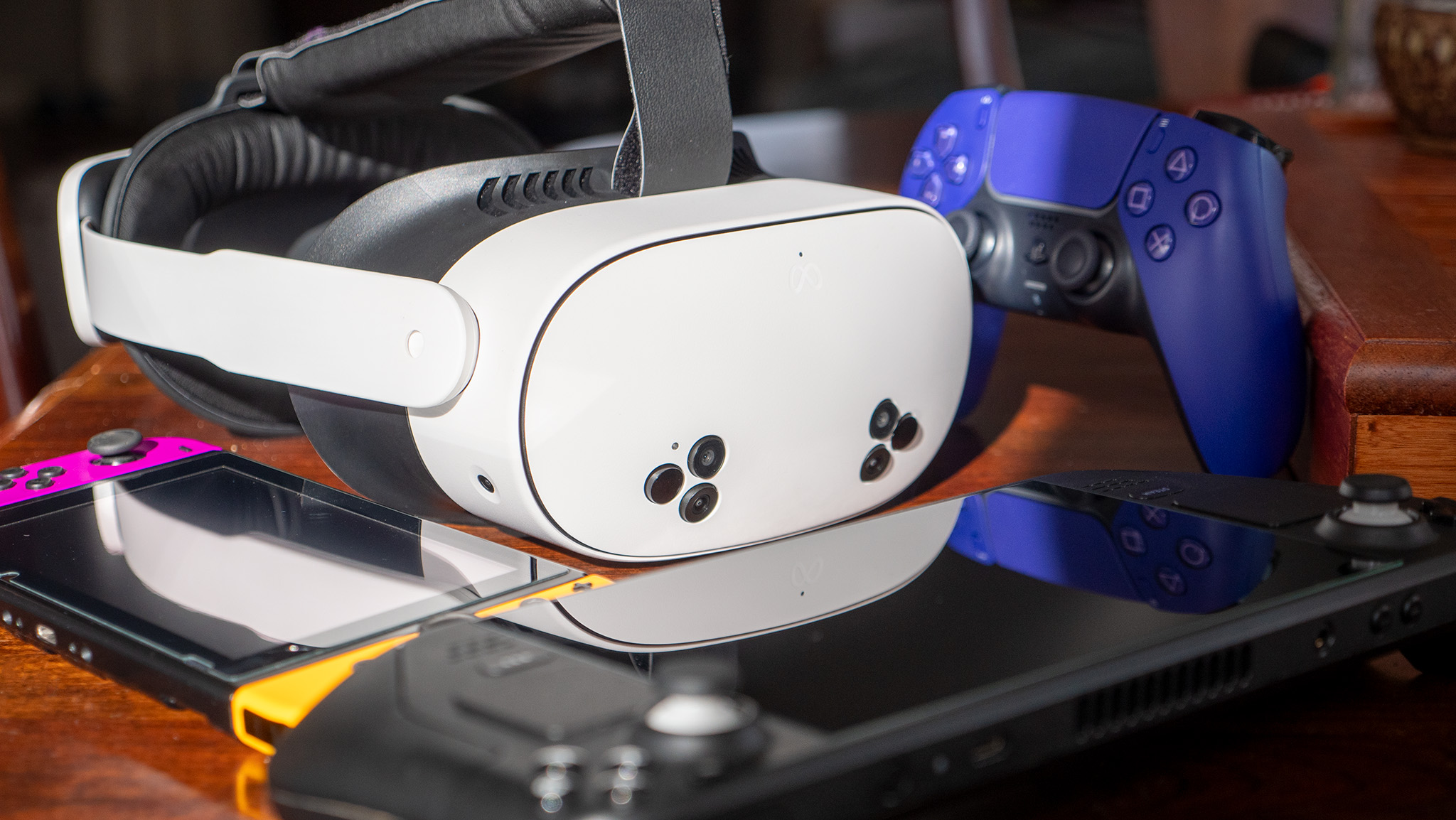
What we're seeing on the Meta Quest isn't siloed by any means, but the trajectory is somewhat unique. The Final Fantasy VII remake was said to be a commercial failure even after selling over seven million copies. Many AAA game studios have reported the same thing with other big-name games, meaning two big problems are plaguing the AAA market: ballooning budgets and a reduced number of users interested in these types of games.
That leaves current development studios in a bad spot. Veteran VR developer Fast Travel Games laid off 30 employees last week, and several other developers have had similar stories in the past few months. Meta says it's trying to set developers up for success with new initiatives but it might be too little too late for some development studios.
What's clear is studios that can move quickly and adapt on the fly are the ones that will see the most success going forward. When the Meta Quest app became the Meta Horizon app, it also brought a new open store that more or less abolished curation in favor of a "throw it at the wall and see what sticks" strategy.
AAA game budgets aren't sustainable on any platform these days, but it's evident that there's little appetite for big-budget games on the Quest platform based on sales.
Developers quickly complained about the inordinate amount of Gorilla Tag clones flooding the store every day, drowning out any actual good content with shovelware. When I interviewed VP of VR Mark Rabkin at Meta Connect in September 2024, he told me that high volumes of content weren't a concern, just something new to navigate around.
It became clear to me this week why. In a leaked memo, Meta CTO Andrew Bosworth told employees that Meta would need to double down on the Metaverse this year, meaning more social apps and Horizon Worlds promotion. This news, coupled with today's blog post from Meta, is a sign that developers need to start focusing more on social apps and less on big-budget single-player experiences if they want to succeed.
Meta says a suite of new tools will help developers understand who their customers are, how they behave, what they buy, and what experiences they spend time in."
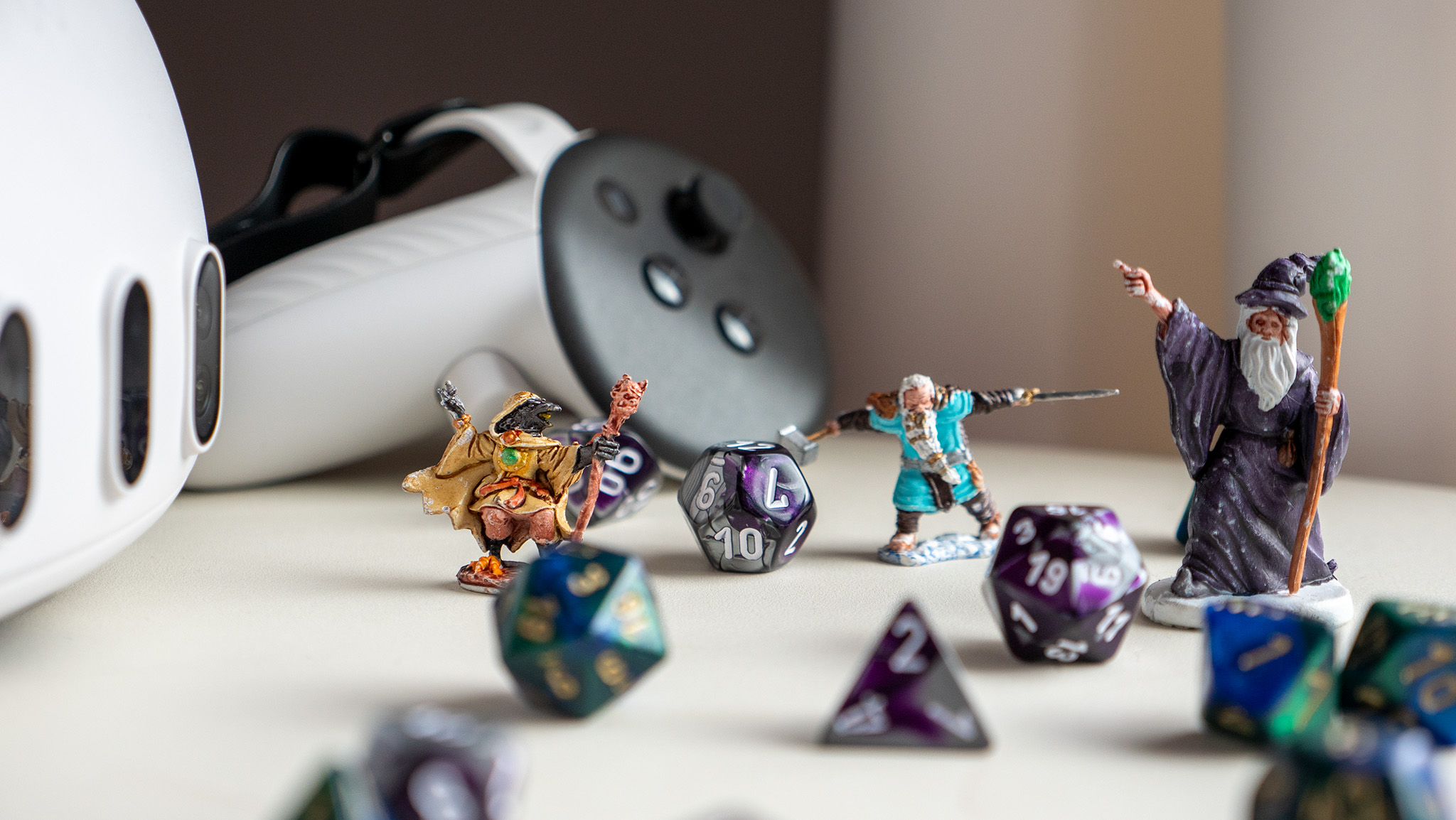
Meta is leaning more toward social games and Metaverse promotion, meaning developers will have to adapt or likely face difficulties moving forward.
The hardest part in all of this is seeing something you love slowly die. While it's clear the Meta Quest platform is healthier than ever — the trajectory of revenue and user retention gets better every quarter, not worse — the dream of being an Xbox or PlayStation-type system feels further away than ever.
We've got plenty of amazing Meta Quest games, particularly over the past year, but waning sales for big-name titles in favor of smaller indie studios means the path to profitability moving forward is very clear for development studios.
My hope is that this means we get more games like Breachers, Contractors: Showdown, Dungeons of Eternity, Demeo x Dungeons & Dragons, and Walkabout Mini Golf instead of simple Gorilla Tag clones that take little to no effort to design. I love multiplayer games, particularly ones that have unique hooks and encourage long-term progression with in-game perks and upgrades rather than social hangouts with no real goal.
There's obviously room for both here but I fear the writing is on the wall for big-name games on the platform in the future. Indie is here to stay, and it's likely what's going to power Quest development going forward instead of big publishing houses. That is definitely not a bad thing, given the horribly toxic culture in most big development houses, but it also means fewer opportunities to enjoy more high-production content on the platform.

You must confirm your public display name before commenting
Please logout and then login again, you will then be prompted to enter your display name.
